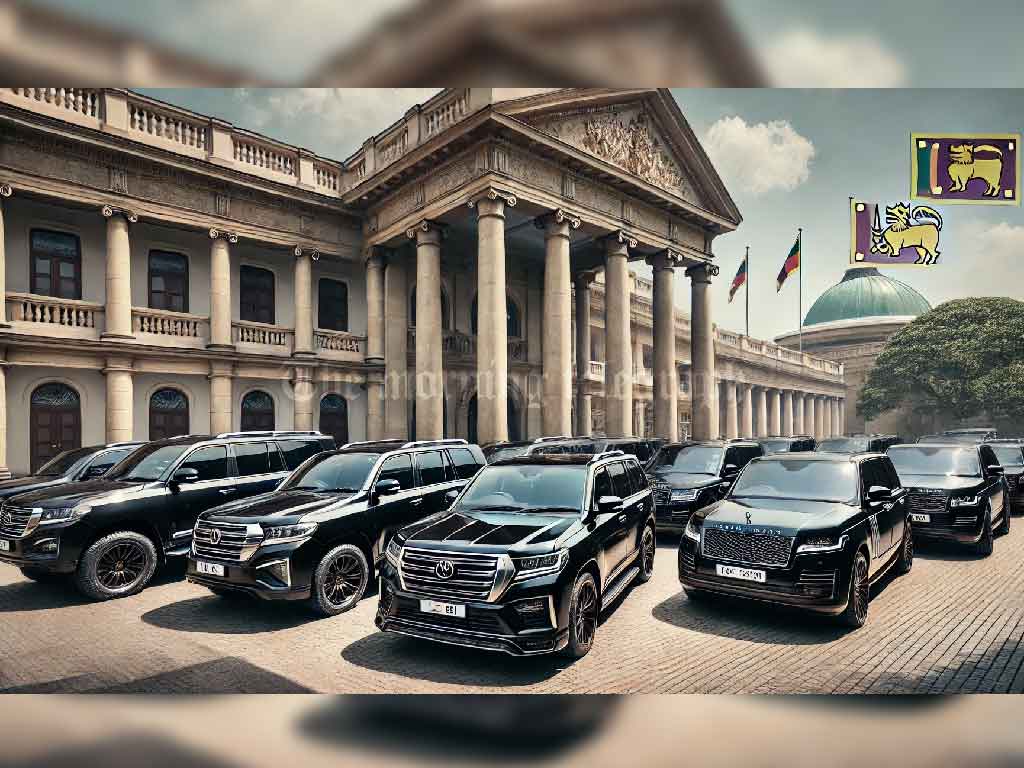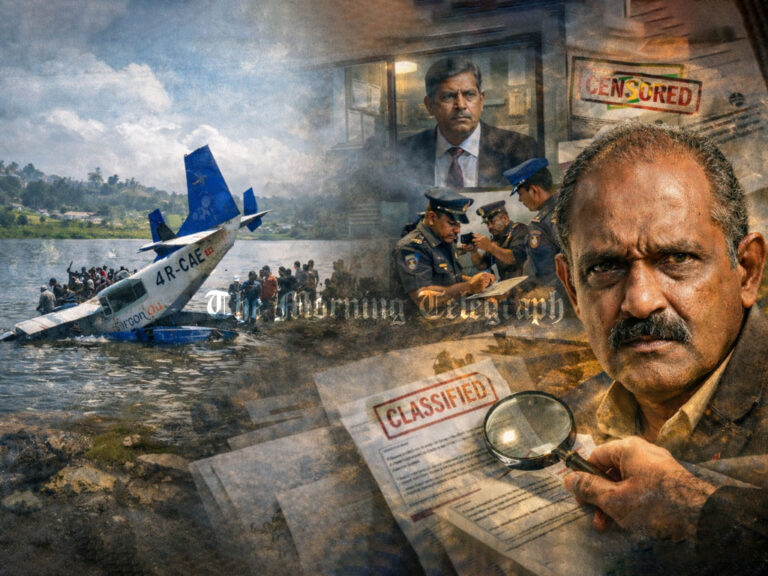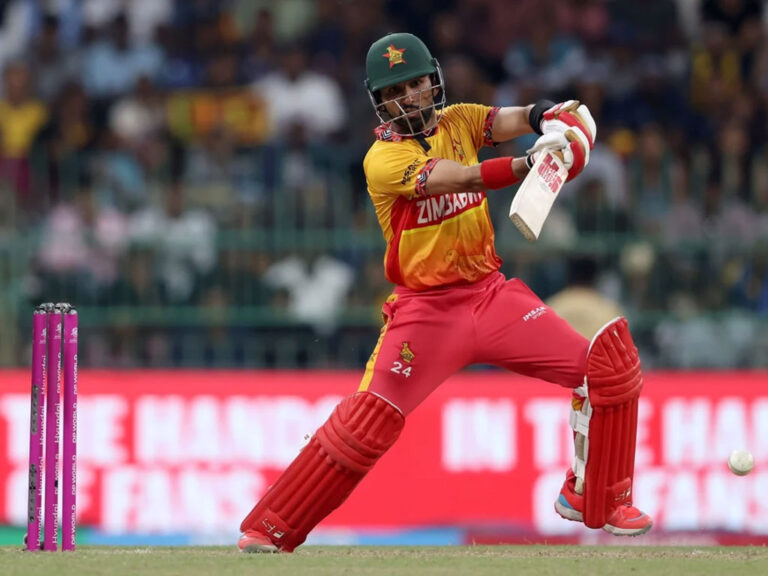
There is no legal framework currently in place to provide government vehicles to Members of Parliament (MPs) in Sri Lanka, except for those holding ministerial positions. The system presently in operation allows MPs to acquire vehicles through duty-free permits, which minimize direct costs to the government compared to other potential systems like a centralized vehicle pool. Under this duty-free vehicle permit system, MPs are issued licenses that enable them to import vehicles without paying customs duties. While the government forfeits potential revenue from import taxes, all other expenses, including the vehicle’s purchase price, registration fees, and insurance, must be covered by the MPs themselves.
To make this system more accessible, the government facilitates low-interest loans through state banks, allowing MPs to finance their vehicles and repay the loans in installments. The vehicles purchased in this manner are privately owned by the MPs, who are solely responsible for all maintenance and associated costs. However, the government provides additional support by paying the salary of a designated driver and offering a fuel allowance calculated based on travel distance.
In recent developments, the government has proposed a new system to replace the duty-free permit structure with a centralized vehicle pool. This proposal suggests that the government would own and maintain a fleet of vehicles, assigning them to MPs for the duration of their parliamentary terms. Once their term ends, the vehicles would return to the government’s possession. While this approach appears to streamline vehicle allocation, it comes with significant challenges, both legal and financial.
The existing laws do not permit the government to provide vehicles to MPs other than those serving as ministers. For this proposal to be implemented, new legislation must be introduced and approved. Such laws would need to ensure equal treatment of all MPs, including those in opposition parties, as creating a system that exclusively benefits government MPs could raise legal and ethical concerns. Extending this vehicle provision to all MPs would further strain government resources.
A centralized vehicle pool system would also impose a significant financial burden on the government. Procuring and maintaining a fleet of vehicles would require substantial initial investment and ongoing operational costs. These include maintenance, insurance, replacement of aging vehicles, administrative expenses, and fuel provisions, along with the salaries of government-paid drivers. Comparatively, the current duty-free permit system is less costly for the government, as it primarily involves a loss of revenue from import duties while MPs assume most other costs.
The introduction of a government-operated vehicle pool could face logistical challenges, as maintaining and managing such a system would require an efficient administrative structure. Additionally, the financial implications of this change could lead to public dissatisfaction, especially during a period of economic strain. Public perception is a key factor, as taxpayers may view the creation of a government vehicle pool as an unnecessary and excessive expense. The current system, while imperfect, is seen as a more financially sustainable option, as MPs directly bear a significant portion of the costs.
Ultimately, the proposal to alter the vehicle allocation system for MPs will require careful deliberation within Parliament. The government must weigh the legal, financial, and ethical considerations while addressing public concerns about fairness and fiscal responsibility. Achieving a balance between these factors will be critical to formulating a system that ensures transparency, equity, and long-term sustainability.




